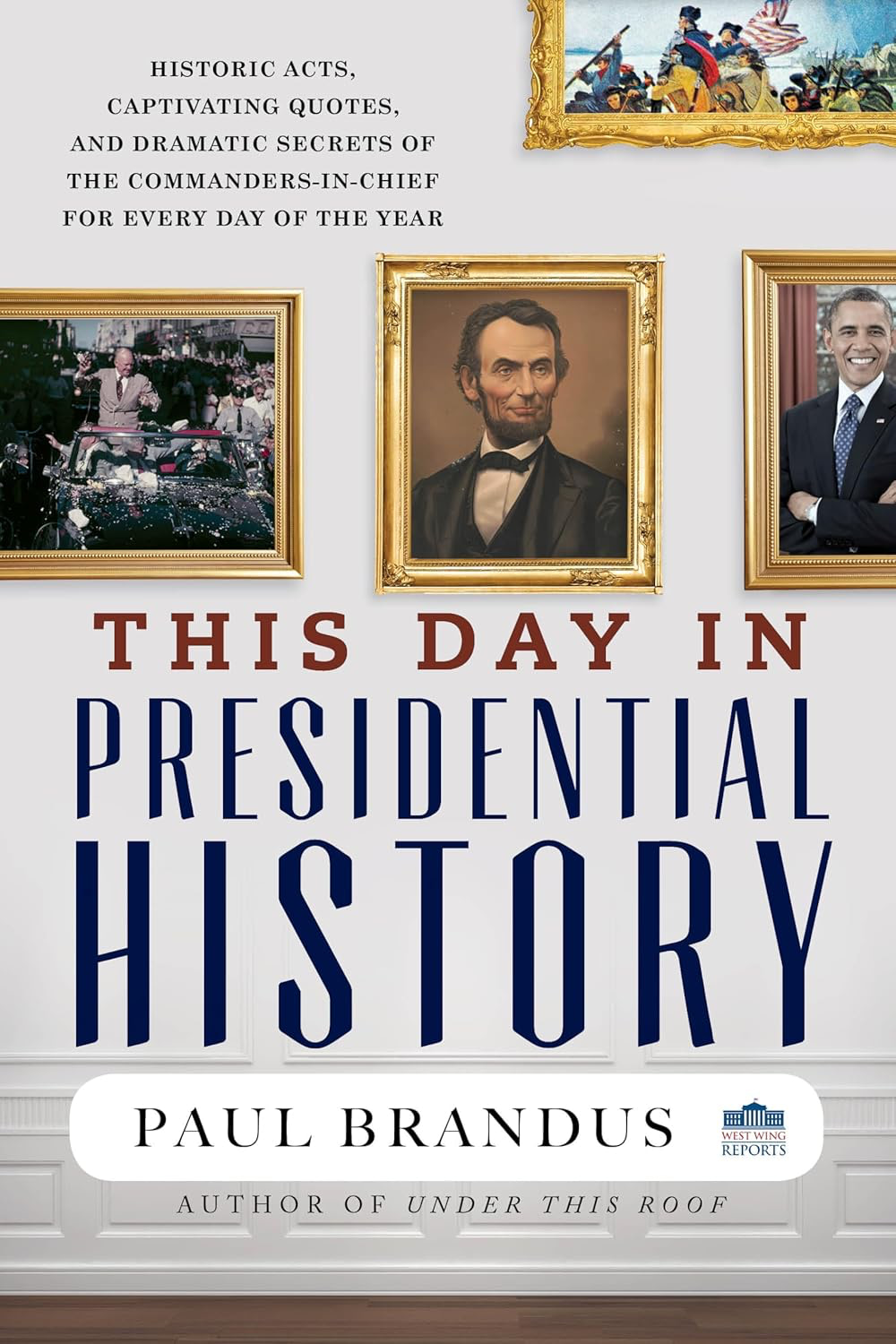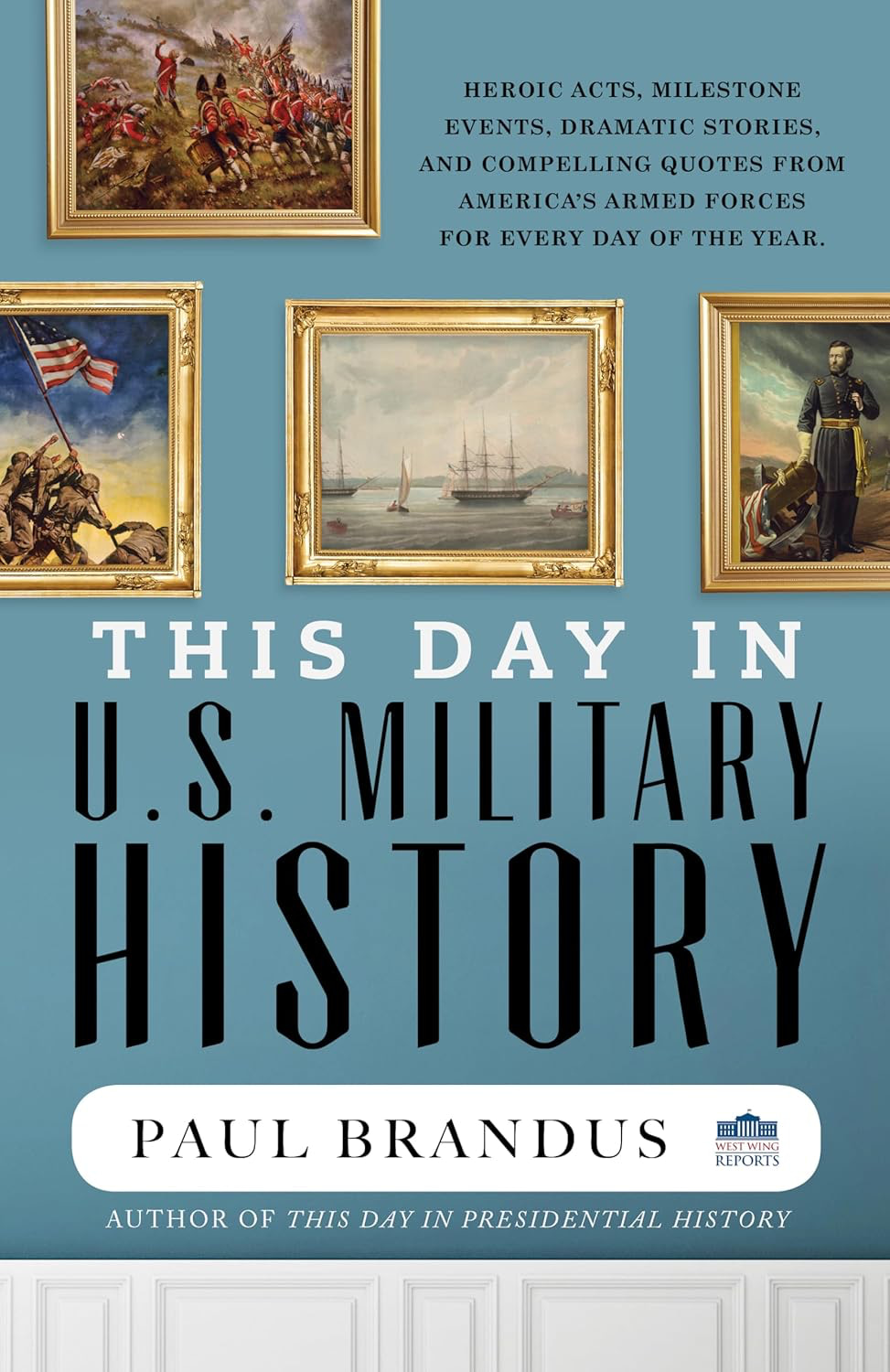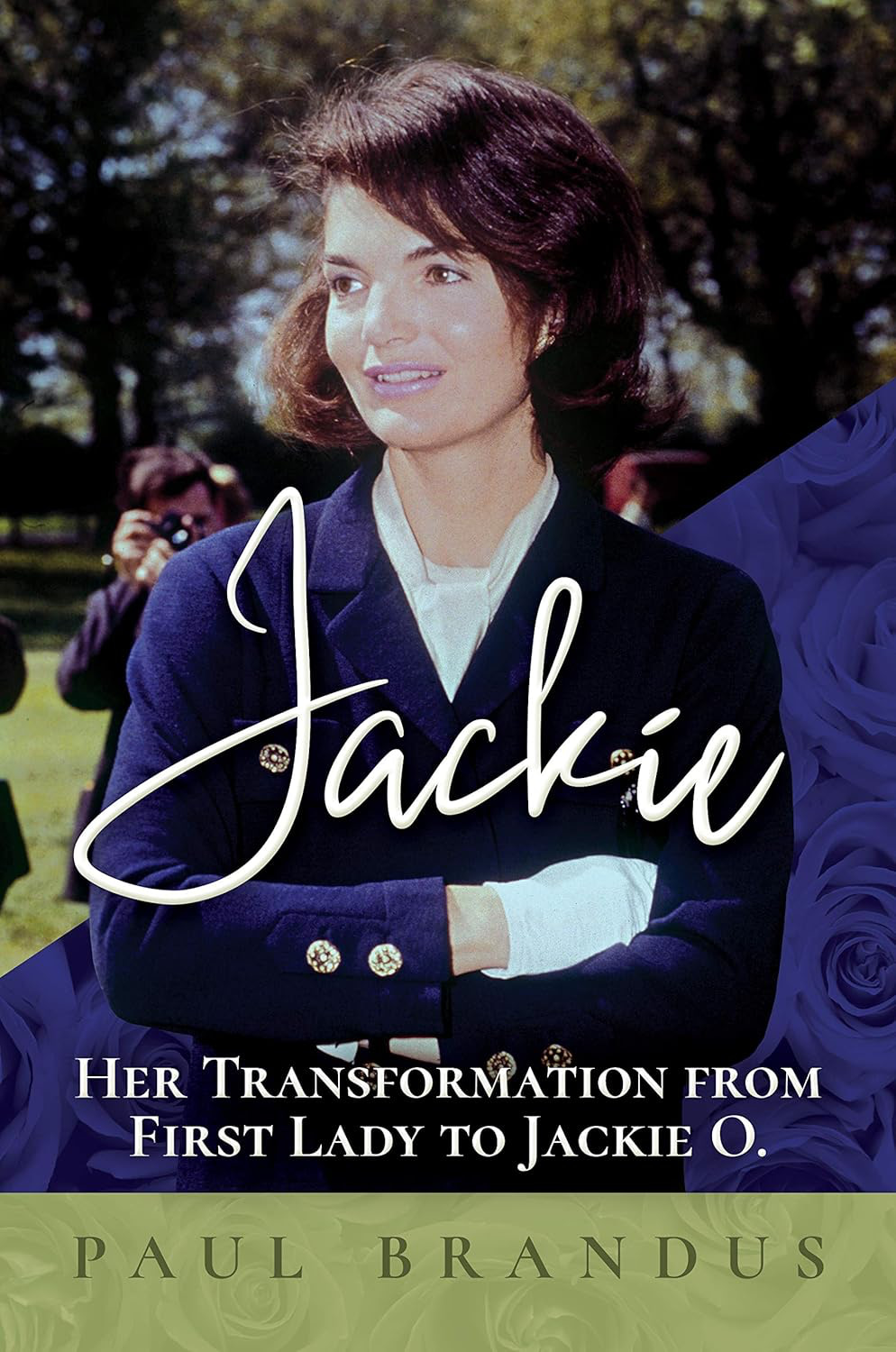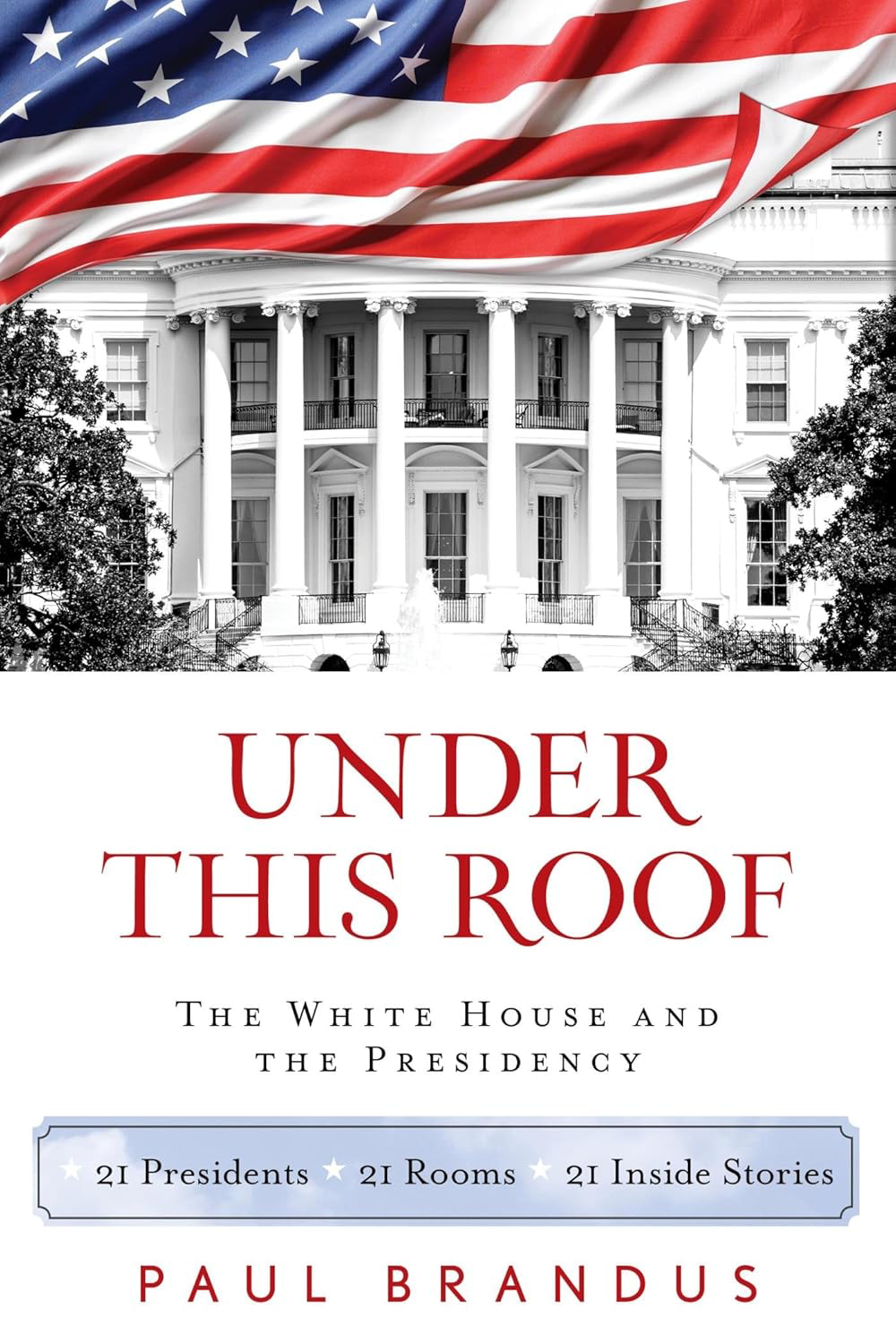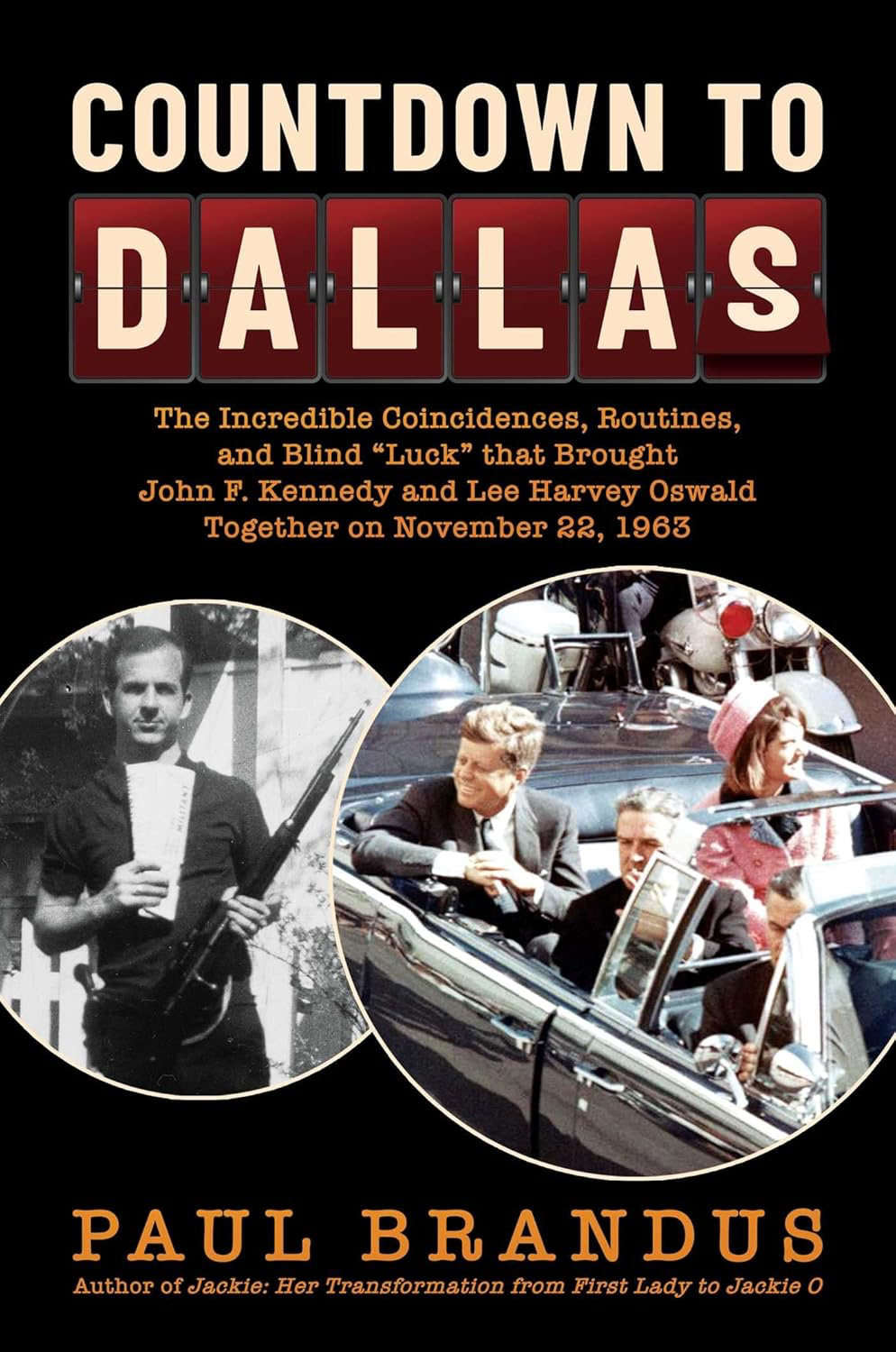The White House, Politics & Journalism with Paul Brandus
In this exclusive interview, White House Correspondent and author Paul Brandus shares his insights into the heart of American politics, offering an insider’s perspective on the White House, its relationship with the press and the evolving role of journalism in shaping public opinion.
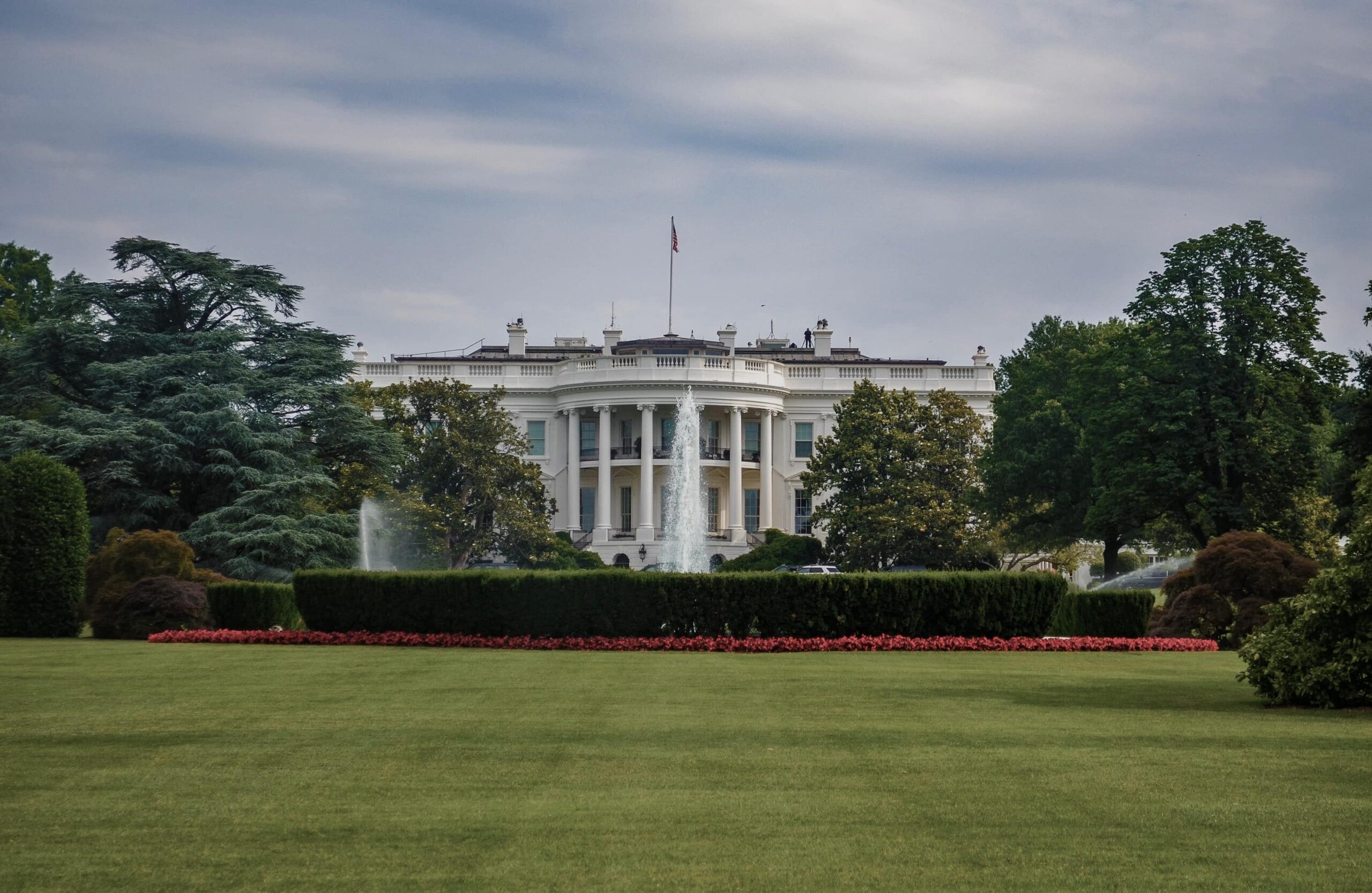
Photo Courtesy of David Everett Strickler on Unsplash
Paul Brandus is an award-winning, independent journalist, author, historian and keynote speaker at seven presidential libraries. Since 2008, he has been a member of the White House press corps and the White House Correspondents‘ Association. He has published five books, including Under This Roof: The White House and the Presidency (2015), This Day in U.S. Military History (2019), This Day in Presidential History (2017), Jackie: Her Transformation from First Lady to Jackie O (2020), Countdown to Dallas (2023). Brandus also hosts two podcasts, Disinformation and Jackie: From First Lady to Jackie O. He has appeared on NBC’s Today Show, CNN, PBS, CSPAN, the BBC, the CBC and other major platforms. He has lectured at institutions such as the Columbia University Graduate School of Journalism. With over 300,000 followers on X (formerly Twitter) (@WestWingReport), Brandus continues to be a prominent voice in political journalism. He lives in Washington, D.C., with his family.
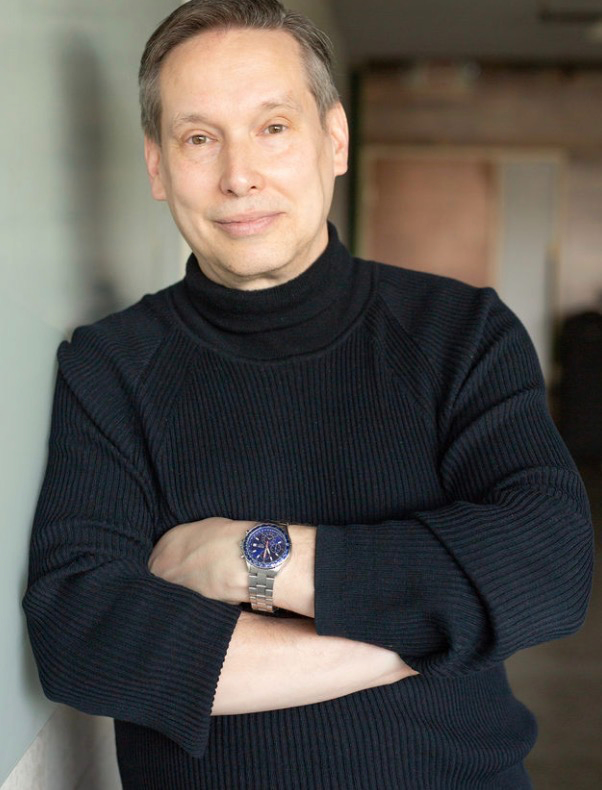
Photo Courtesy of Paul Brandus
Safar: Paul Brandus, could you tell us a bit about your career path?
Paul Brandus: I spent my 20s exploring different fields to figure out what I really liked – and, equally important, what I didn’t like. I worked on Capitol Hill, which is the American Congress, at a public relations firm – which I didn’t enjoy – and on Wall Street. I also worked for the U.S. government for a time and was posted at the American Embassy in Moscow for a brief period. Mostly though, it’s been journalism. For the past 18 years, that’s all I’ve done – writing books, columns and producing radio and TV shows.’
What inspired you to pursue journalism?
I grew up in the business because my father worked for ABC, a major American television network. I always thought he had the most interesting life – meeting presidents and traveling the world. What attracted me to journalism was the opportunity to meet interesting people and talk to them about the most interesting things. Being a journalist is like opening a door to a world that other people get to live in. Journalism is about getting people to tell you stories, investigating, seeking and telling the truth. I love meeting people and asking questions – both interesting and unpleasant ones – but that’s part of the job.
What makes a good journalist?
There’s a famous phrase that I agree with: being a journalist means reporting the news “without fear or favor.” It’s important because you can’t be afraid to ask tough questions – even of powerful people like a president. Public officials are answerable to the public, and it’s a journalit’s job to hold them accountable. “Without fear or favor” also means you’re not here to do anyone any favors – you’re here to tell the truth. Good journalism requires sticking to your conscience, maintaining ethics and staying true to your morals, even when it’s tough – especially today, when making a living as a journalist can be challenging, particularly for those just starting out.

Photo Courtesy of Louis Velazquez on Unsplash
How did you become a White House Correspondent? Could you explain the process?
I simply decided I wanted to do it – and then I did it. You can’t just walk into the White House as a journalist; it‘s not that simple. But once you’re in, you’re in. It’s a multi-step process. First, you need to secure credentials for Capitol Hill. Once you have a Congressional pass, you can start working there immediately. After that, the Secret Service, which handles security at the White House, will verify your credentials to ensure you’re legitimate. Once, you’re cleared, you‘re able to start attending events at the White House.
Could you describe working at the White House?
Many people assume working at the White House is always exciting, but that’s not necessarily the case. Often, when there isn‘t much going on, it can be surprisingly quiet. There’s usually a daily briefing, but there are plenty of days when you might not see or get a chance to speak with the president. That often depends on the president’s personality. I expect things will be different with Trump, as he loves being on TV.
Do you speak with the President regularly?
It depends on the president’s schedule. Presidents have a helicopter on the South Lawn of the White House, often referred to as the “Backyard”. To reach it, they have to walk past the press. When that happens, we head outside, and the president may stop to take our questions. However, they’re not obligated to. They can either walk straight to the helicopter or come over to speak with us. That’s usually our best opportunity.
How was it with President Trump and President Biden?
I remember during Trump’s first four years, he loved to stop and take a few questions before heading to the helicopter. That was usually our best opportunity to talk to a president. There were still occasional press conferences, though. Biden, on the other hand, didn’t hold many of those. I expect Trump will have more, each president is different, so we’ll see how it evolves
How has the relationship between journalists and the administration evolved over the years?
The relationship has varied with each president and often depends on the times and the available technology. For example, when Twitter was launched, Obama was president, and he used it frequently, or his team would tweet on his behalf. Both Obama and Trump also used platforms like YouTube, TikTok and Instagram. These tools have allowed presidents to bypass the press and communicate directly to the public, without any filter.
How has social media impacted your work?
Social media has opened up new audiences for us and provides a fresh way to share messages and stories. However, it also means that presidents don’t rely on the press as much as they once did. If a president doesn’t want to address a tough question, they can simply ignore us and post a video instead. It’s a powerful tool for politicians. If I were president, I’d be on social media all the time – it’s a way to control your message. For us, it makes our job harder when a president can bypass the press altogether.
What are the most pressing issues that journalists should write about right now?
Journalists have to find a way to address the problem of false narratives – fake videos, fake audio and fake images. They have to make sure that the truth is getting out there. That’s the number one issue right now.
How can journalists effectively combat disinformation?
I don’t really know the answer to that. There are emerging technologies that could help, and it might be possible to address it through legal means. I see the different countries experimenting with various approaches. In the United States, Meta no longer has fact-checkers. In many ways, efforts to combat disinformation are regressing, which is deeply concerning. That’s why, last year, the World Economic Forum ranked disinformation as the number one global risk for the coming years. It’s not just a political issue – it affects everything, from healthcare and vaccines to natural disasters and AI. This is arguably the biggest problem in the world right now.
Read widely. Don’t limit yourself to content you’re pre-ordained to agree with. Read points of view that differ from your own, even if you might disagree with them. Step outside your comfort zone, listen and learn. We have two ears but only one mouth, so you should listen twice as much as you talk.
What are your predictions for Donald Trump’s presidency?
I don’t think he’ll be able to achieve everything he wants, like deporting millions of immigrants who are in the U.S. illegally. While there may be high-profile deportations of criminals for PR purposes – which is understandable – deporting entire families is not in line with the American way. That’s not what Americans do. I don’t think he understands that America was built on the notion that immigration is good. Most Americans agree that the country is a “melting pot”, where immigrants come, learn English, assimilate and ultimately strengthen the nation over time. Trump sees himself as a businessman, but I don’t think he realizes that 40% of the 500 largest companies in America were founded by immigrants or their descendants. Immigrants come with an incredible work ethic, energizing the country with their dynamic – they work hard, succeed, innovate and start businesses at rates higher than native-born Americans. A great example is Steve Jobs, the late founder of Apple, whose family had roots in Syria. Most Americans agree that immigration is good, but it needs to be legal.
How do you explain the shock around Donald Trump’s election?
It was an unusual year. Had it been any other year than 2024, the outcome might have been different. When Biden first took office, he talked about being a one-term president. He acknowledged he was too old to run again, yet he decided to anyway, which was probably a mistake. After a disastrous debate with Trump, he dropped out in June, and Harris became the candidate. Unfortunately, there was no time for her to establish herself, and many people didn’t know much about her. Had Biden stuck to his original plan of being a one-term president, the Democrats might have gone through a different process and nominated someone else. Another factor is what’s happening in Europe, where many governments are shifting to the right. Is America really that different? For example, in Germany, immigration is a huge concern. Macron in France is facing trouble, and in Canada, Prime Minister Trudeau is resigning. All these left-leaning politicians are stepping down. Given what’s happening elsewhere, is it really that surprising Trump won? Maybe. Maybe not.
What is your best memory as a White House correspondent?
It’s always a thrill walking into the White House. Built between 1792 and 1800, the White House has been home to every president except George Washington. When you enter, you’re instantly surrounded by this sense of history – this is where Abraham Lincoln, Franklin Roosevelt and John F. Kennedy walked. It’s truly a privilege to be there, and I never take it for granted. It’s just an amazing place.
Who is your favorite U.S. president?
Harry Truman – he was a great president. He succeeded Franklin Roosevelt in 1945 and served until January 1953 during a really dramatic period – the end of World War II, the Berlin Airlift, the Marshall Plan and the Korean War. What’s interesting is that when he left office, he was deeply unpopular. Everybody hated him – people blamed him for the economic troubles of the early ‘50s and high inflation. Over time, however, his image was rehabilitated, and he’s now seen as an incredibly effective, tough politician.
Do you think this applies to the image of all presidents?
Sometimes, when you think about current presidents like Biden and Trump, whether people love or hate them now isn’t the final verdict on how they’ll be seen. You have to consider how these presidents will be remembered half a century from now, once emotions have cooled.
Could you say the same about President Nixon?
Wow, that’s a good question. Nixon never really recovered from it. He left office in humiliation and was never fully rehabilitated, despite his efforts. He was a foreign policy president – he visited China and the Soviet Union frequently, wrote books and consulted with other presidents. In that regard, he was well-respected, as other presidents would turn to him for advice on certain matters. But the Watergate scandal will never be forgotten. No matter what else Nixon did, he is primarily remembered for the lies and the crimes. You could extrapolate that to how current presidents will be remembered. Trump, for example, was impeached twice, connected to the January 6th insurrection, and convicted of numerous crimes. There has never been a president convicted of 34 crimes.
You have written two books about the Kennedys, Jackie: Her Transformation from First Lady to Jackie O (2020) and Countdown to Dallas (2023). What is it about the Kennedys that fascinates you?
The Kennedys were special because they were so glamorous, but also because their story ended so tragically. The president was murdered – it was just unbelievable. He is the only president who served less than three years in office. Even today, the Kennedys continue to captivate the public consciousness. It’s perhaps the glamour, but also that John F. Kennedy was president during a pivotal time in American history. It was a period between World War II and the Vietnam War. The country was wealthy, and Kennedy came in with bold ideas. He said, “We’re going to the moon,” and we did. My God, we did. Presidents today don’t really talk in such bold terms. What have Trump and Biden done? I think people look back on Kennedy with nostalgic favor. They like the sense of optimism he conveyed. Right now, America is pessimistic and divided, with people arguing about everything. Of course, we had arguments back then too, but it seemed more placid.
What is the best advice you can give to aspiring journalists?
Read widely. Don’t limit yourself to content you’re pre-ordained to agree with. Read points of view that differ from your own, even if you might disagree with them. Step outside your comfort zone, listen and learn. We have two ears but only one mouth, so you should listen twice as much as you talk. Also, avoid watching too much television – it’s very superficial. Focus on reading instead.
Discover the books by Paul Brandus:
Discover more about Paul Brandus at:
paulbrandus.com
@WestWingReport on X (formerly Twitter)

